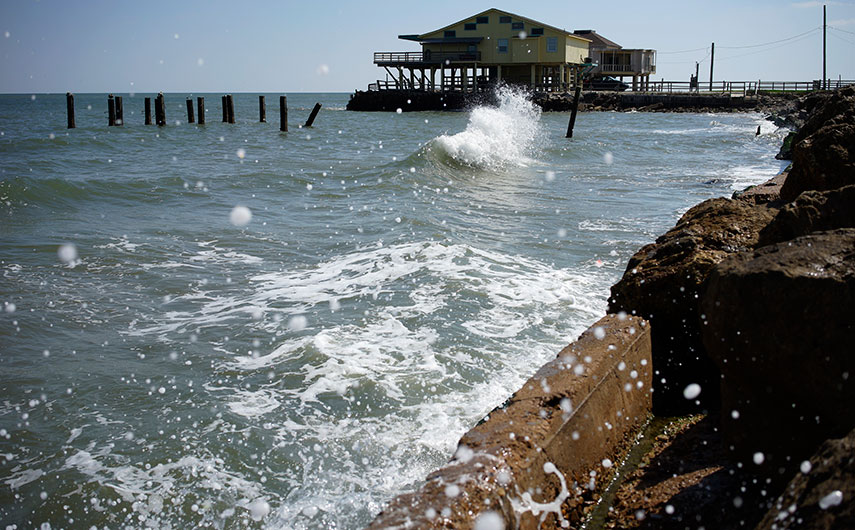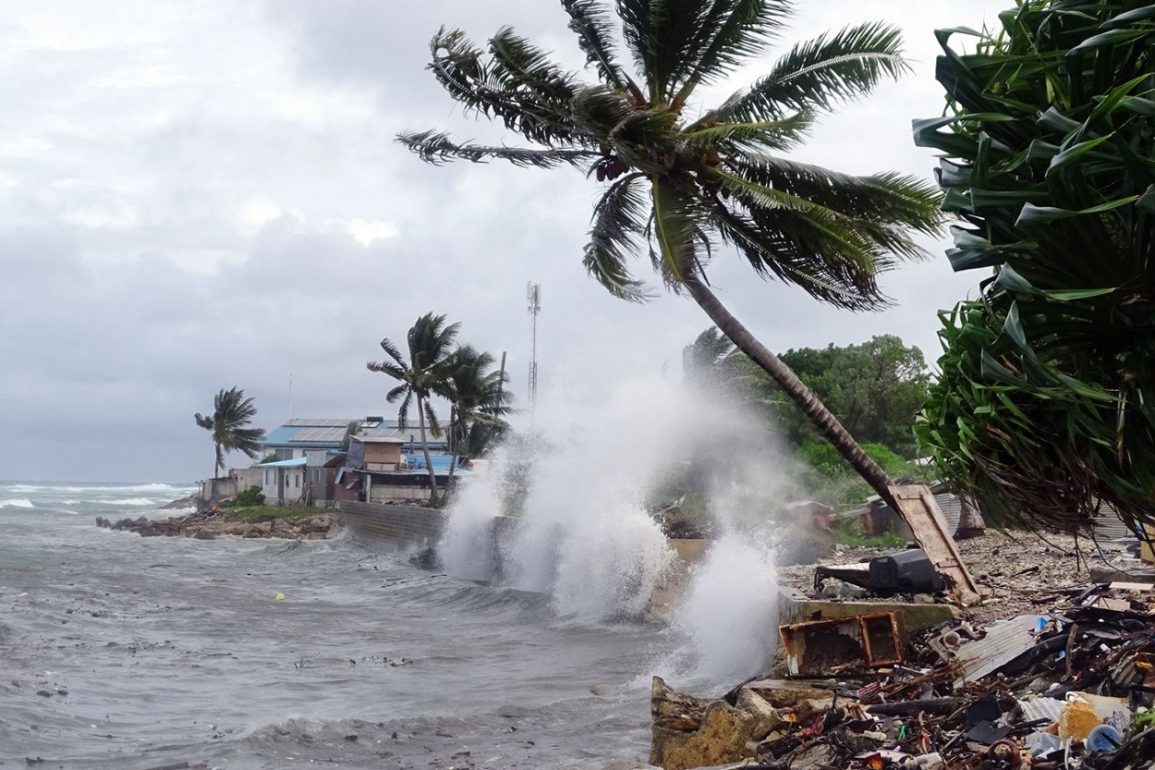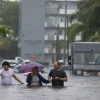Rising sea levels are posing an increasing threat to nearly a billion people living in low-lying coastal areas, according to UN Secretary-General Antonio Guterres. These populations face heightened risks from storm surges, coastal erosion, and flooding, leading to widespread misery.
Guterres highlighted the devastating impacts on livelihoods, warning of contaminated freshwater, ruined crops, and damaged infrastructure. Entire communities, economies, and ecosystems are at risk, with industries like fisheries, agriculture, and tourism especially vulnerable. This global crisis has become a pressing concern for international leaders, as the effects of climate change worsen.
Since the early 20th century, global sea levels have risen faster than at any time in the past 3,000 years. NASA reports that this rise, driven by global warming, has accelerated in recent decades. The average global temperature has risen by about one degree Celsius, causing sea levels to increase by 160 to 210 millimeters, with half of that rise occurring since 1993.
According to the World Meteorological Organization, the rate of sea-level rise over the past decade has more than doubled compared to earlier records, reaching an alarming new high in 2022.

Human-induced climate change is the primary driver of rising sea levels, fueled by melting land ice and the thermal expansion of seawater as it warms. The ocean, which absorbs much of the excess heat from the atmosphere, is a double-edged sword in the fight against climate change.
While it helps mitigate warming, its expansion due to rising temperatures contributes significantly to sea-level rise. Experts like Ryan Hobert from the UN Foundation emphasize the critical role of the ocean in regulating the climate, even as it exacerbates the risks faced by coastal communities worldwide.
Many countries and cities are particularly at risk, including Bangladesh, India, China, and the Netherlands, where populations are highly vulnerable to severe flooding. Major urban centers like New York, London, Mumbai, and Shanghai also face increasing threats.
Pacific islands, such as Fiji, Vanuatu, and the Solomon Islands, are already seeing the dire impacts of rising sea levels, with some nations facing the possibility of complete displacement. The Maldives, Tuvalu, and other small island states could become uninhabitable by 2100, resulting in hundreds of thousands of climate refugees.
To mitigate these impacts, experts are calling for a drastic reduction in greenhouse gas emissions. This is seen as the most important step in slowing sea-level rise. At the same time, investment in climate adaptation and resilience is crucial, particularly for small island nations that are most vulnerable.
Rising seas have already damaged infrastructure, increased soil salinity, and threatened fresh water supplies, reducing crop yields and harming local economies. Tourism-dependent nations are also feeling the effects, with their beaches and coral reefs facing destruction. The UN warns that without urgent action, these challenges will only intensify, with far-reaching consequences for global well-being.

